Magic Mushrooms and Depression: Study Finds Psilocybin Can Alleviate Pessimism Bias in Treatment-Resistant Patients
Depression can lead to a rigid and negative view of the world, and the belief that future events will be worse than they actually are. This pessimism bias can be a significant hurdle to overcome for individuals suffering from treatment-resistant depression (TRD). The recent study, "More Realistic Forecasting of Future Life Events After Psilocybin for Treatment-Resistant Depression", investigated the potential of psilocybin to alleviate this pessimism bias in TRD patients.
Psilocybin, a compound found in magic mushrooms, when administered with psychological support, resulted in a significant decrease in pessimism bias in TRD patients. Moreover, these patients were able to accurately predict the occurrence of future life events after the treatment, indicating a more positive and accurate outlook. The magnitude of change in both variables was also significantly correlated, suggesting that the reduction in pessimism bias and improvement in depressive symptoms are closely linked.
This study is significant because it suggests that psilocybin may have therapeutic potential in treating TRD. The results also highlight the importance of psychological support in administering such a treatment.
For some, depression can be like wearing glasses with a warped and blurry lens that make it difficult to see the world clearly. Psychedelics can act as a lens cleaner, helping to remove the distortion and providing a clearer view of reality. This study suggests that psilocybin may help to correct the pessimism bias in individuals with treatment-resistant depression, leading to a more accurate and positive outlook on future life events.
Depression and other mental health conditions can lead to rigid and distorted beliefs, including the belief that future events will be worse than they actually are. These beliefs can perpetuate feelings of hopelessness and exacerbate depressive symptoms. By correcting these biases, psilocybin may offer a promising new avenue for treating depression, especially in cases where traditional treatments have been ineffective.
It's important to note that this study is just one small piece of a larger puzzle, and more research is needed to fully understand the potential benefits and risks of psilocybin for treating depression. However, these findings suggest that psychedelics could be a valuable tool in the fight against treatment-resistant depression, and could offer hope for those who have not found relief from traditional treatments.
References
Lyons, T., & Carhart-Harris, R. L. (2018). More realistic forecasting of future life events after psilocybin for treatment-resistant depression. Frontiers in Psychology, 9. https://doi.org/10.3389/fpsyg.2018.01721
Disclaimer
Neuro-psychedelic does not encourage the recreational use of psychedelics. While research has shown promising results for the therapeutic use of psychedelics, they are powerful, mind-altering substances that should only be used in a safe setting. If you choose to use psychedelics, it is imperative that you educate yourself about their effects, potential risks, and how to reduce harm. This includes careful preparation, working with a trusted and experienced guide, and taking the necessary precautions to ensure your physical and mental safety.

